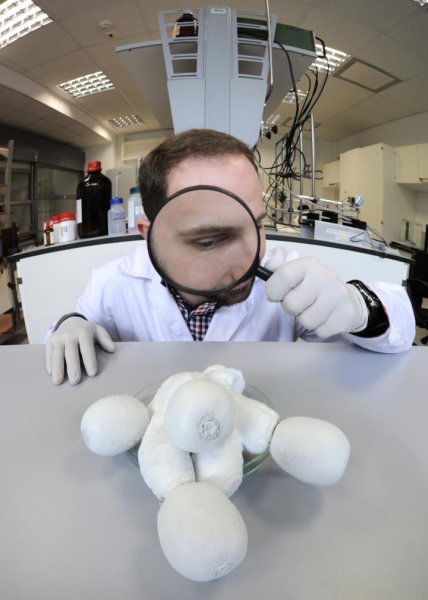Fungal infections can often be life-threatening, especially for those with weak immune systems. The current standard test to detect the presence of fungi in a person takes at least a dozen hours, with the results sometimes being unreliable. Now, researchers from the Polish Academy of Science have developed a new device that could allow medical practitioners to more quickly and reliably detect fungal infections, allowing for better and faster overall treatment.
The research team, led by ECS member Wlodzimierz Kutner, devised a chemical sensor that can shorten the detection of the fungi from a few days to just a few minutes.
“The most important element of our sensor is a film of polymer selectively recognizing D-arabitol,” Kutner says. “It captures molecules of D-arabitol, a compound indicating the presence of fungi. The measurement takes only a few minutes, and the D-arabitol is detected with a high degree of certainty even in the presence of interfering substances with a similar molecular structure.”
One of the most critical aspects of the treatment of fungal infections is time. The longer these infections go undetected, the more serious they become. This new development will allow for the quick, reliable detection of fungal infections and more successful administration of appropriate fungal therapy.


